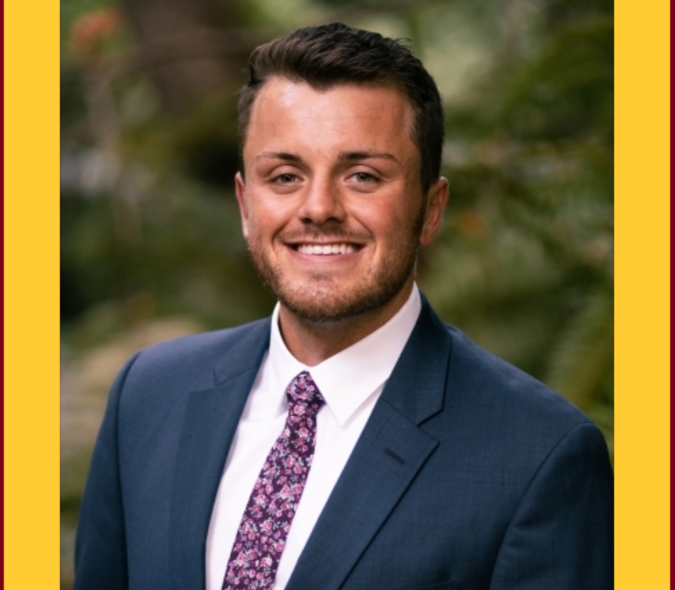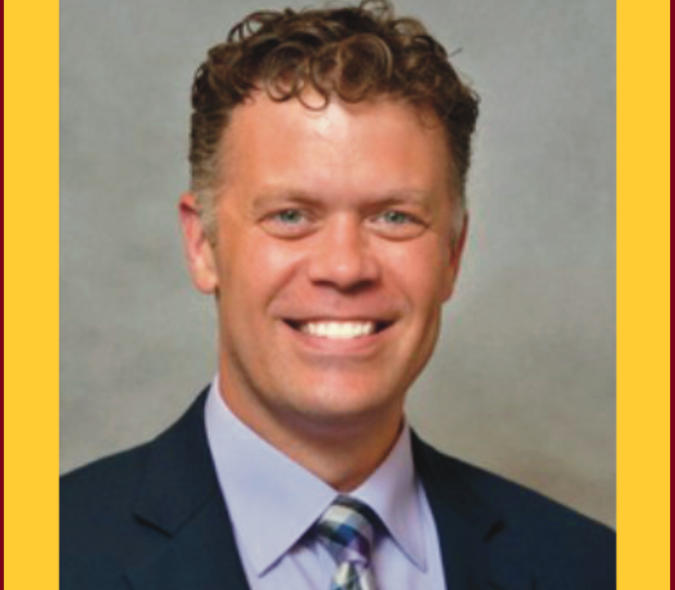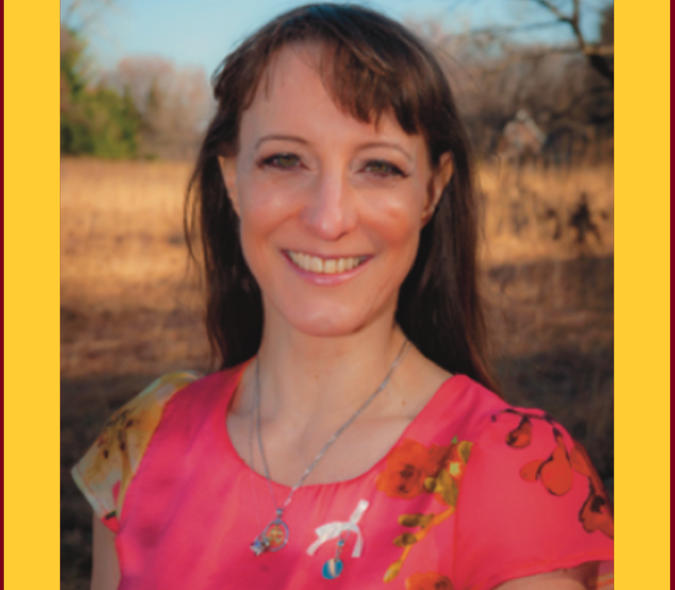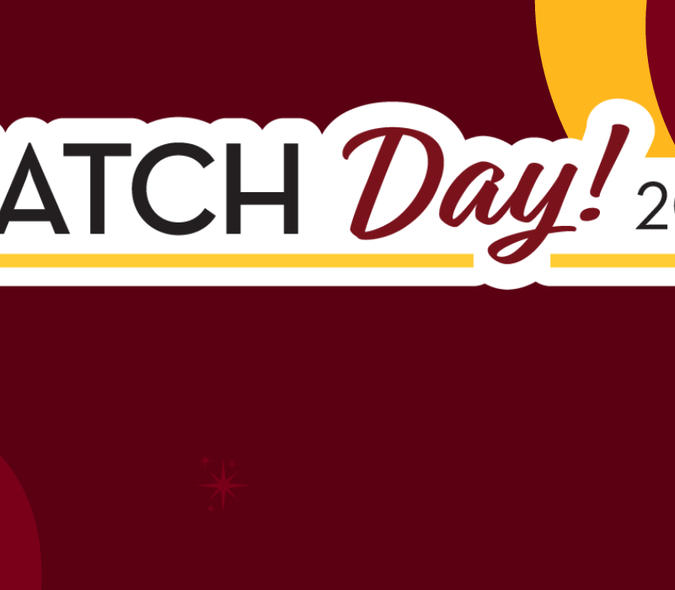
Dr. Baird reflects on the Mac Baird Chair in Family Medicine Advocacy and Policy
On September 1, 2020, the creation of the Mac Baird Chair in Family Medicine Advocacy and Policy was announced. The department hosted a virtual celebration for Dr. Baird in early September to honor him. In this interview with Dr. Baird, he reflects on the endowed chair and its impact on the future of family medicine.
Congratulations on the newly endowed Mac Baird Chair in Family Medicine Advocacy and Policy! Can you tell us what this means to you and your family?
It's a huge honor. No one in our family has ever been so honored over the generations. And yet we've had some academic leaders. My mother was an academic person in her youth and early career, and I had other forebears who were academicians as well. At first, regarding the naming of the chair, it was a dilemma for me whether to use Mac or Macaran Baird. Everyone knows me as Mac, and I thought the shorter name would be more familiar to those who know me.
My wife, daughter, and other family members are all very happy. Sadly, our son who passed away two years ago, is not around to hear this, but he would have been proud. I'm honored and happy to perpetuate the name and have it become part of the department in perpetuity.
What does this Department of Family Medicine and Community Health endowed chair fund mean for family medicine?
First, I'm proud to say that there are relatively few endowed chairs in family medicine dedicated to the development of leadership and advocacy.
What we're trying to do with this chair is advocate for family medicine and for good policies that support quality primary care. We also want to help train leaders in the field and to foster public discussions about what family medicine is and what it represents. How can primary care physicians continue to adapt to this new world? With all the changes that are already in play and for those to come, more than ever we need physicians to provide continuity of care, longitudinal care, and a breadth of services — ambulatory as well as inpatient capabilities.
Why is this endowed chair — and the efforts underlying it — important for the general public to know about?
We need to be front and center in the public media so that people hear about the benefits of excellent primary care. In fact, I hear wonderful examples of family physicians being on radio and television talking about doing the fine things that they would just normally do. Some then become noted for it, and it draws positive public attention.
By way of this chair, we can help physicians develop themselves, their skills, and their knowledge so they can shine in the spotlight even more. Current and potential patients then become more aware of the vital importance of primary care for their health.
What can you tell us about the decision to name Dr. Crichlow as inaugural chair holder?
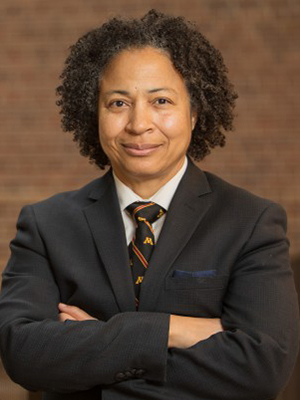
Dr. Crichlow is a natural leader. She is already a champion for family medicine, sensible progressive public policies, and support for primary care that's needed to make it successful. Right now, all fields are facing challenges with distance learning and remote methods of care delivery and education when in-person visits have become too difficult. The public needs to be engaged in these efforts to strengthen family medicine since it leads to their improved health. Dr. Crichlow has long been doing that as an excellent champion for family medicine as well as an advocate for health-enhancing public policies.
On a personal note, I helped bring her to Minnesota from Montana, where she was pretty happily established. We wanted her here not even yet realizing her full potential but based on her reputation as an all-around outstanding family physician who was heavily involved in women's health care. We thought she could also help us engage the minority community, especially in North Minneapolis, which she has done admirably.
You've worked with Dr. Crichlow for a long time. What other qualities make her an ideal fit as inaugural chair holder?
She's very energetic and always involved in many projects, many of which don't yield academic credit or publications but are definitely important in the realm of advocacy and health policy. Her creativity is bottomless. Just one fine example of her work is The Ladder and its mission to engage and support young people. Through this endowed chair, we are able to protect her time and provide resources so she can continue to develop herself and build upon her leadership in advocacy.
Dr. Crichlow also understands the psychosocial dimensions of health care and has a unique ability to balance that complex agenda for family medicine very well. This will no doubt serve her well on her path to becoming a public figure and promoting leadership and advocacy.
Another quality that is critical for this endowed chair is the ability to ignite support among the public as well as among academy physicians. When Renée calls people to get up and do things, they do it. That's a leadership quality that's hard to engender. She has an instinctive way to inspire people, and I've certainly seen that many times.
I couldn't be happier about her as the inaugural holder of the chair.
